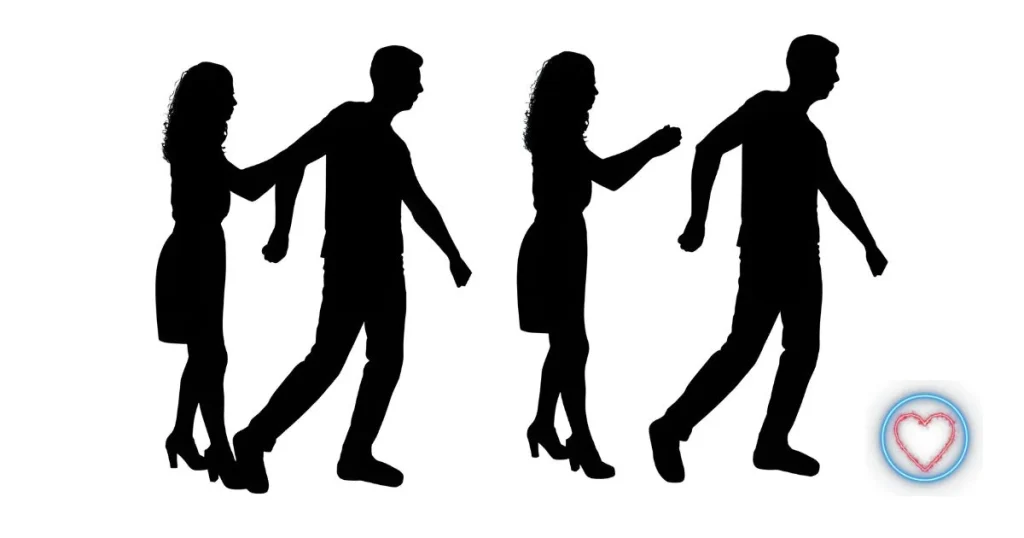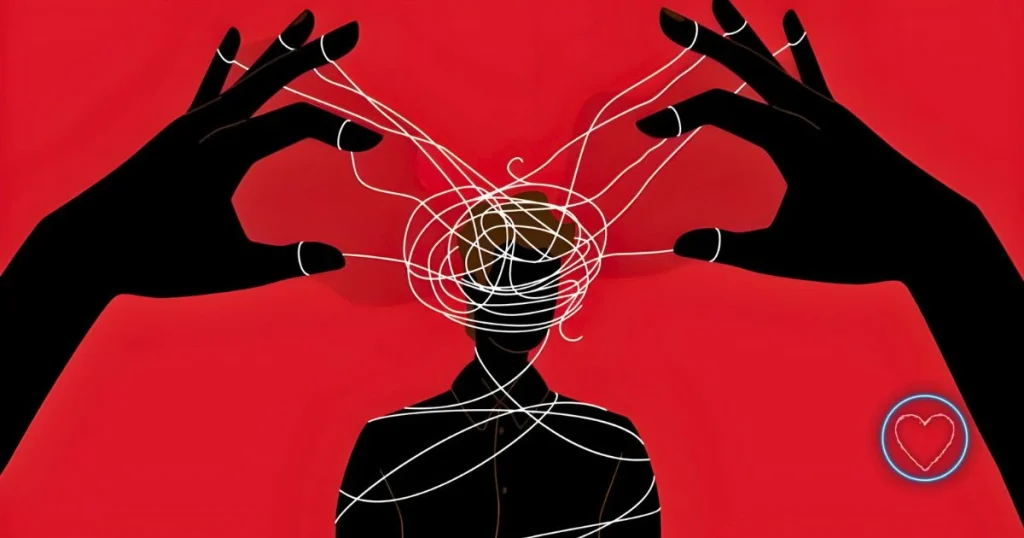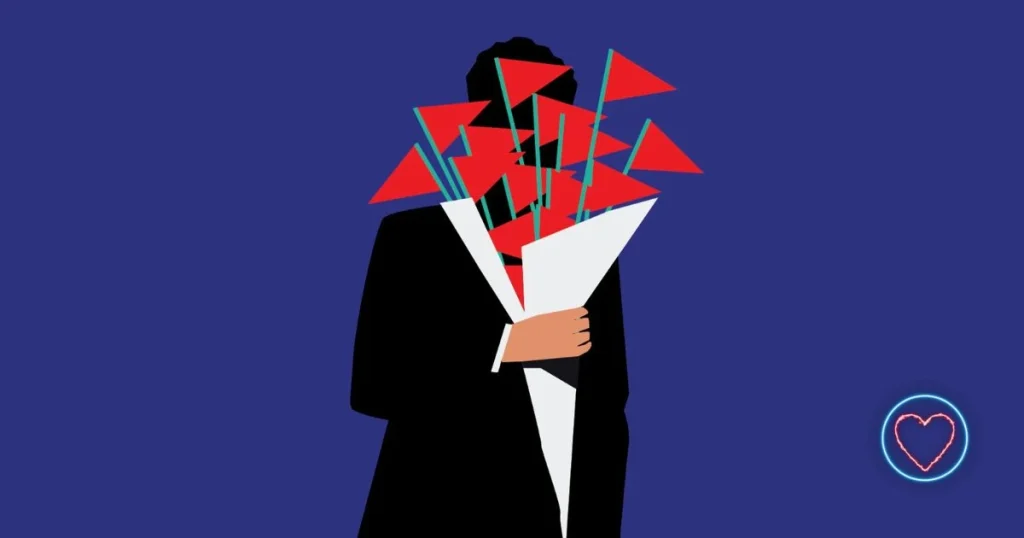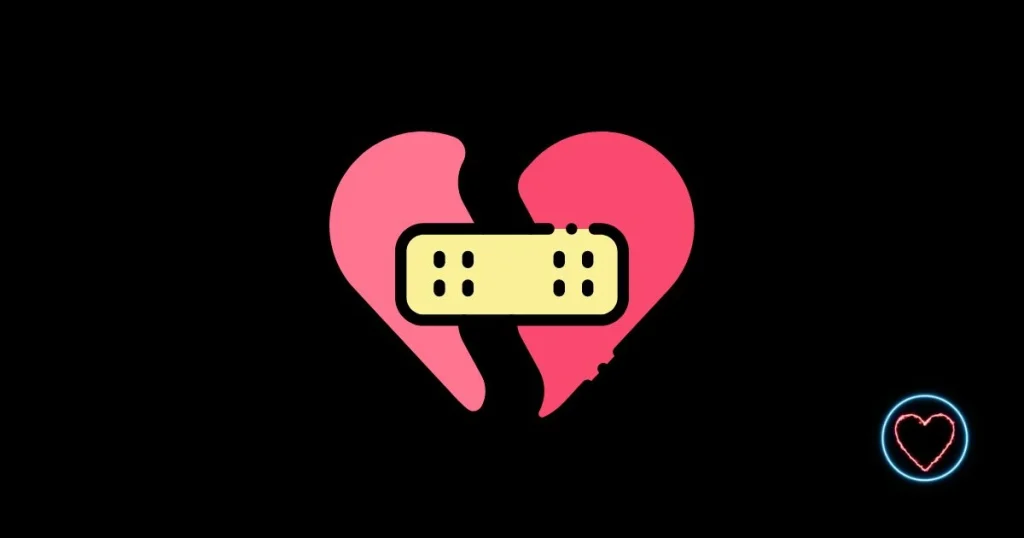In both personal and professional relationships, feeling valued and respected is essential for your mental and emotional well-being. Unfortunately, not everyone treats us with the fairness and kindness we deserve. Sometimes, people around us—friends, family, coworkers, or partners—may take advantage of our kindness, generosity, or vulnerability. Recognizing the signs early can help you protect yourself, set boundaries, and maintain healthier relationships.
If you’ve ever felt uneasy, drained, or exploited by someone close to you, this article is for you. Here are 15 clear signs you might be getting taken advantage of, along with insights on how to address these situations.
1. You Often Feel Drained After Interactions
One of the most subtle signs you’re being taken advantage of is the feeling of emotional or physical exhaustion after spending time with someone. Instead of feeling supported or uplifted, you leave feeling depleted. This could mean the other person is constantly demanding your energy or attention without reciprocating.
Why it matters: Healthy relationships give you energy and comfort, not leave you drained.
2. They Only Reach Out When They Need Something
If someone only contacts you when they want favors, money, advice, or help but disappear when you need support, this imbalance suggests exploitation. Genuine relationships involve mutual care, not one-sided requests.
3. Your Boundaries Are Ignored or Disrespected
When you communicate your limits—whether about time, emotional availability, or financial help—and these are continually ignored, it’s a red flag. Taking advantage often involves disregarding your feelings and boundaries to serve their interests.
4. You Feel Guilty Saying No
Feeling obligated or guilty for saying no to requests, even when they are unreasonable or inconvenient, often signals manipulation. Those who take advantage might use guilt trips or emotional pressure to get what they want.
5. They Take Credit for Your Work or Ideas
In professional settings, being taken advantage of might show up as someone using your effort, ideas, or accomplishments to benefit themselves without acknowledgment. This can undermine your confidence and career growth.
6. You Frequently Make Sacrifices That Aren’t Reciprocated
Sacrificing your time, energy, or resources for others is natural in caring relationships. But if you’re always the one adjusting plans, lending money, or giving emotional support without any return, it indicates a one-sided dynamic.
7. You’re the Last Person They Inform About Important Things
Feeling left out or excluded when decisions or events directly affecting you happen behind your back is a sign of disrespect and control. Being taken advantage of often means your input or feelings don’t matter to them.
8. They Play the Victim to Gain Sympathy
Manipulative individuals may act like they’re always the victim to avoid responsibility or to make you feel sorry for them. This tactic shifts focus away from your needs and puts you in the role of caretaker or problem-solver.
9. You’re Constantly Justifying Their Behavior to Yourself or Others
If you find yourself making excuses for someone else’s poor treatment or explaining why they “aren’t that bad,” it might be because you’re emotionally invested and struggling to accept the truth. This denial often prolongs being taken advantage of.
10. They Refuse to Acknowledge Your Contributions or Efforts
Feeling invisible or unappreciated despite your efforts is another sign. When someone takes what you give for granted and never acknowledges it, they’re not valuing your time or energy.
11. You’re Afraid to Speak Up or Express Your Needs
Fear of confrontation or rejection can keep you silent about your true feelings or needs. When others exploit this silence, they continue to take advantage without fear of consequences.
12. They Frequently Break Promises or Commitments
Consistent unreliability, such as canceling plans last minute or not following through on agreements, especially when it impacts you negatively, signals disrespect and selfishness.
13. You Feel Like You’re Walking on Eggshells
Constantly monitoring your words or actions to avoid upsetting someone is exhausting and unhealthy. It means you’re adapting to their moods or demands rather than being yourself.
14. Your Needs Are Dismissed or Minimized
When you share your feelings or struggles, and they are dismissed, minimized, or invalidated, it shows a lack of empathy and respect. Taking advantage means your emotional reality is secondary to their agenda.
15. They Only Show Interest When It Benefits Them
People who take advantage often engage with you selectively—when they see a personal benefit or gain. If the relationship lacks genuine connection or interest outside of what they receive, it’s a major red flag.
Why Do People Take Advantage of Others?
Understanding why this happens can empower you to protect yourself. Some reasons include:
- Selfishness: They prioritize their own needs above others.
- Manipulation: They seek control or power.
- Entitlement: They believe they deserve special treatment.
- Lack of empathy: They can’t or won’t understand how their actions affect you.
- Fear of vulnerability: Sometimes, people take advantage to avoid addressing their own insecurities.
How to Stop Being Taken Advantage Of
Recognizing these signs is the first step. Here’s what you can do next:
1. Set Clear Boundaries
Decide what you will and won’t tolerate. Communicate your limits clearly and assertively. For example, say, “I can’t lend you money right now,” or “I need time for myself on weekends.”
2. Learn to Say No Without Guilt
Saying no is an act of self-respect, not selfishness. Practice saying no kindly but firmly, and remind yourself that your needs matter.
3. Evaluate Your Relationships
Look at your interactions and ask yourself if they’re balanced. If someone consistently drains you or disrespects your boundaries, it may be time to distance yourself.
4. Seek Support
Talking to trusted friends, family, or a therapist can provide perspective and emotional support as you set boundaries or exit unhealthy relationships.
5. Practice Self-Care
Prioritize your mental and emotional health. Engage in activities that restore your energy and confidence.
6. Be Mindful of Patterns
Pay attention to recurring behaviors. Being aware helps you avoid falling into the same traps with new people.
When to Seek Professional Help
If you’re struggling to set boundaries, feel trapped in toxic relationships, or experience anxiety or depression due to being taken advantage of, consider reaching out to a mental health professional. Therapy can help you develop assertiveness, build self-esteem, and heal from past wounds.
Conclusion
Being taken advantage of can erode your self-worth and damage your emotional health. By recognizing the signs, trusting your instincts, and setting healthy boundaries, you reclaim your power and foster relationships based on respect and mutual care.
Remember: You deserve relationships that uplift and support you—not ones that drain and exploit you. It’s okay to put yourself first.




















